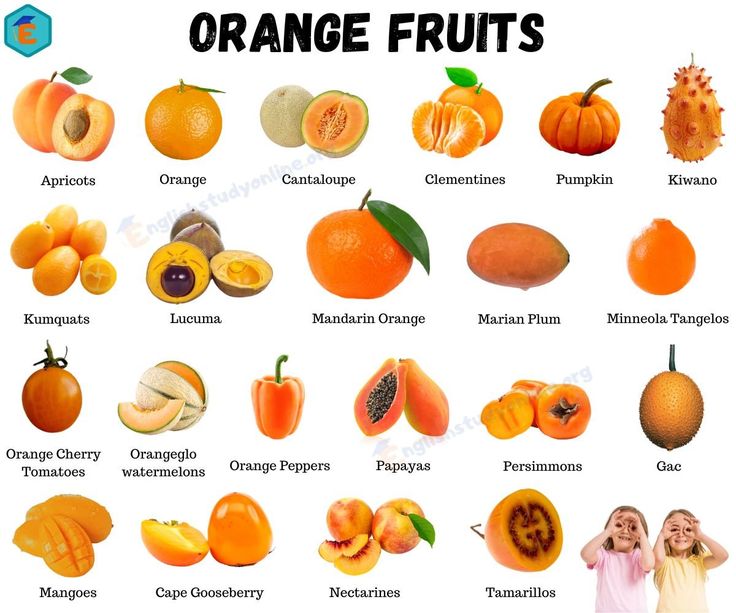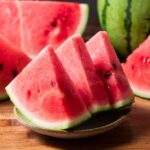When we think of small orange fruits, many of us imagine vibrant, tangy snacks or colorful additions to our meals. Not only are these fruits visually appealing, but they often pack a punch when it comes to flavor and nutrition. From tropical delicacies to familiar garden varieties, small orange fruits are a delicious and healthy way to boost your diet. In this article, we’ll explore some of the most popular edible and nutritious small orange fruits that you can enjoy.
1. Tangerines
Tangerines, also known as mandarins, are one of the most popular small orange fruits. These citrus fruits are easy to peel, making them a perfect snack for busy individuals. Their sweet, tangy taste is a favorite among both children and adults.
Nutrition: Tangerines are an excellent source of vitamin C, an antioxidant that helps protect the body from oxidative stress and boosts the immune system. They also contain dietary fiber, potassium, and folate, which promote heart health, digestive health, and overall well-being. With only about 47 calories per medium-sized tangerine, they are a low-calorie, nutrient-dense choice.
2. Clementines
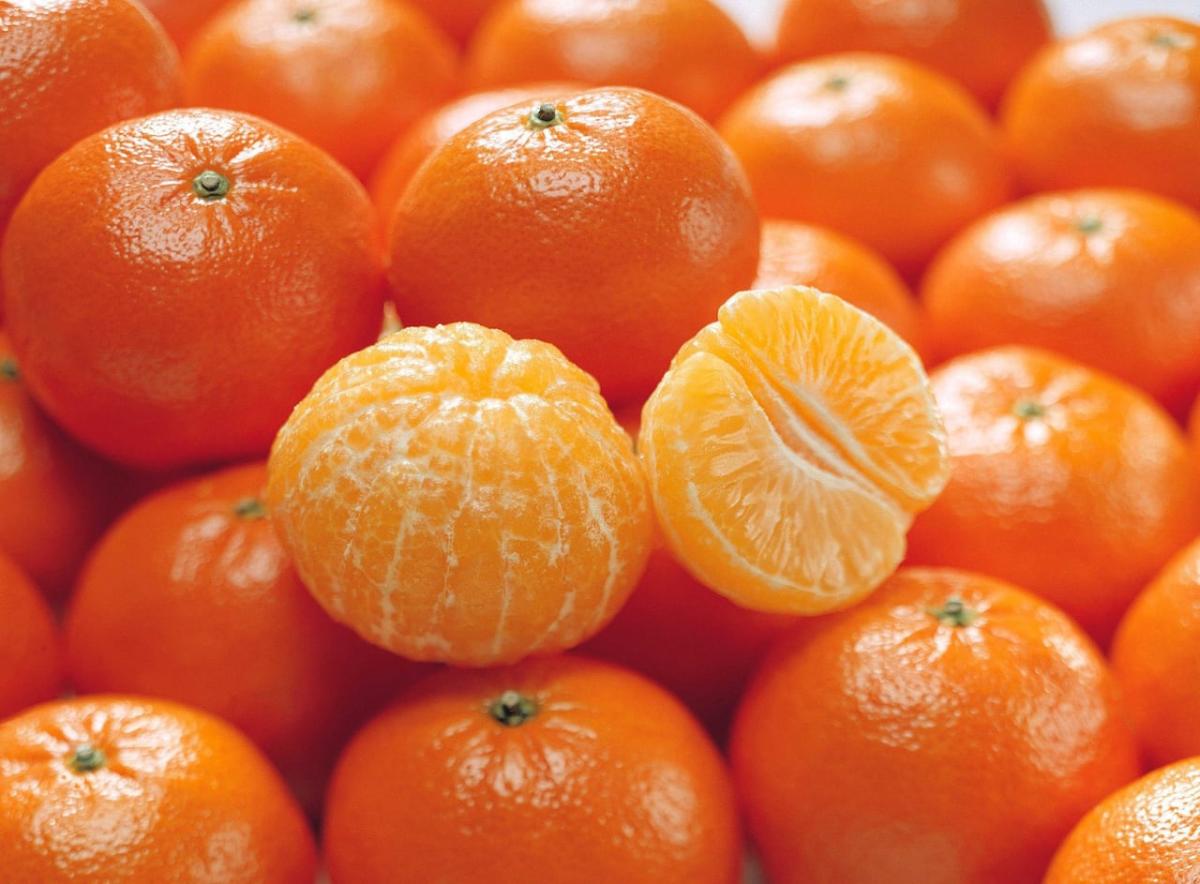
Clementines are a type of mandarin orange, and they are small, seedless, and easy to peel. Their sweet, juicy flavor has made them a popular fruit in wintertime, often found in holiday fruit baskets.
Nutrition: Similar to tangerines, clementines are rich in vitamin C, offering around 40% of the daily recommended intake in just one fruit. They also provide fiber, which aids digestion and helps in weight management. Additionally, clementines are a great source of antioxidants, which help protect against free radical damage and inflammation.
3. Persimmons
Persimmons are small, round fruits that range in color from bright orange to reddish-orange when ripe. They come in two main types: the astringent Hachiya persimmons and the non-astringent Fuyu persimmons, the latter being firmer and easier to eat when fully ripe.
Nutrition: Persimmons are an excellent source of vitamin A, which promotes healthy vision and skin. They are also packed with dietary fiber, potassium, and manganese, all of which support heart health, digestive function, and overall metabolism. Furthermore, persimmons contain powerful antioxidants like flavonoids and tannins, which help combat inflammation and oxidative stress.
4. Small Orange Tomatoes (e.g., Sweet 100)
Though not typically thought of as a fruit in the traditional sense, small orange tomatoes like the “Sweet 100” variety are indeed edible, nutritious, and visually striking. These tiny, round, orange fruits are often used in salads, salsas, or eaten raw as snacks.
Nutrition: Orange tomatoes are rich in vitamin C, potassium, and lycopene, a potent antioxidant associated with reduced risk of certain cancers and heart disease. They are also low in calories and high in water content, making them a hydrating and refreshing option.
5. Apricots
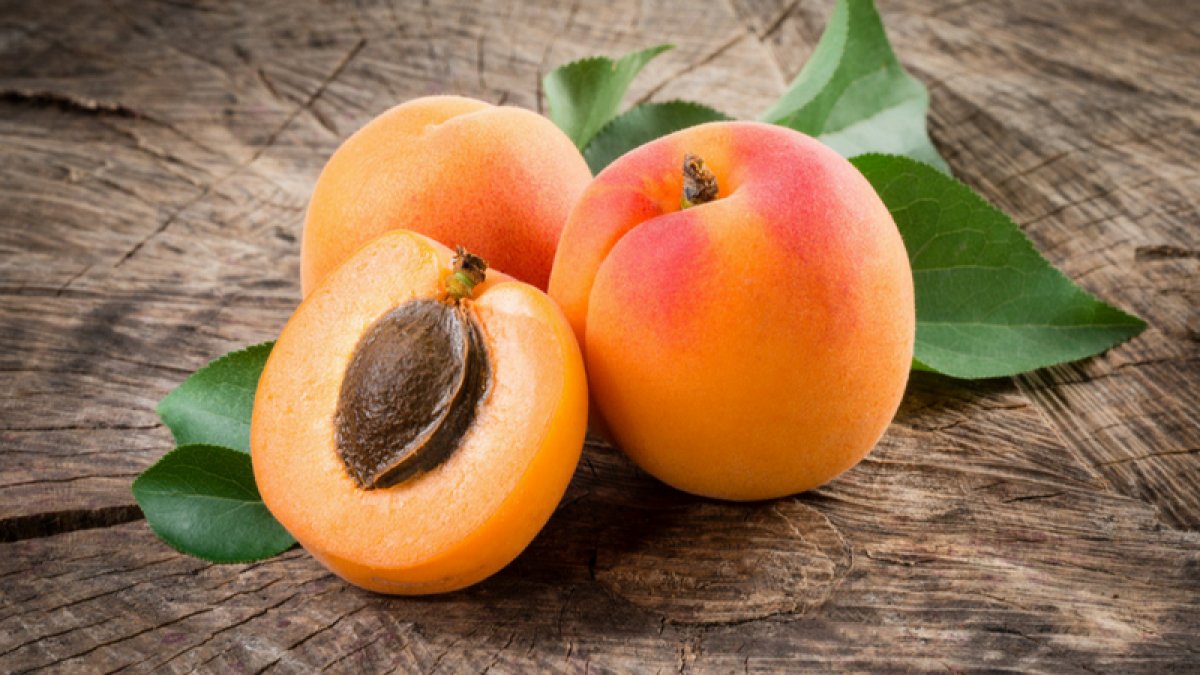
Apricots are small, round fruits with a golden-orange color that make them stand out among other stone fruits. They are typically enjoyed fresh, but dried apricots are also widely available and make for a tasty, portable snack.
Nutrition: Apricots are a great source of vitamins A and C, both of which are essential for skin health and immune function. They also contain significant amounts of potassium, which helps regulate blood pressure, and fiber, which supports digestion. Dried apricots, in particular, are high in iron, making them an excellent choice for boosting iron levels and combating anemia.
6. Nectarines
Nectarines are closely related to peaches but have smooth, fuzz-free skin, giving them a more vibrant appearance. These juicy fruits come in a range of colors, but orange is one of the most common hues for nectarines.
Nutrition: Nectarines are rich in vitamins A and C, which help with immune function and skin health. They are also a good source of potassium, which helps in maintaining healthy heart function. With their high water content and fiber, nectarines help keep the body hydrated and digestive system functioning well.
7. Mandarins
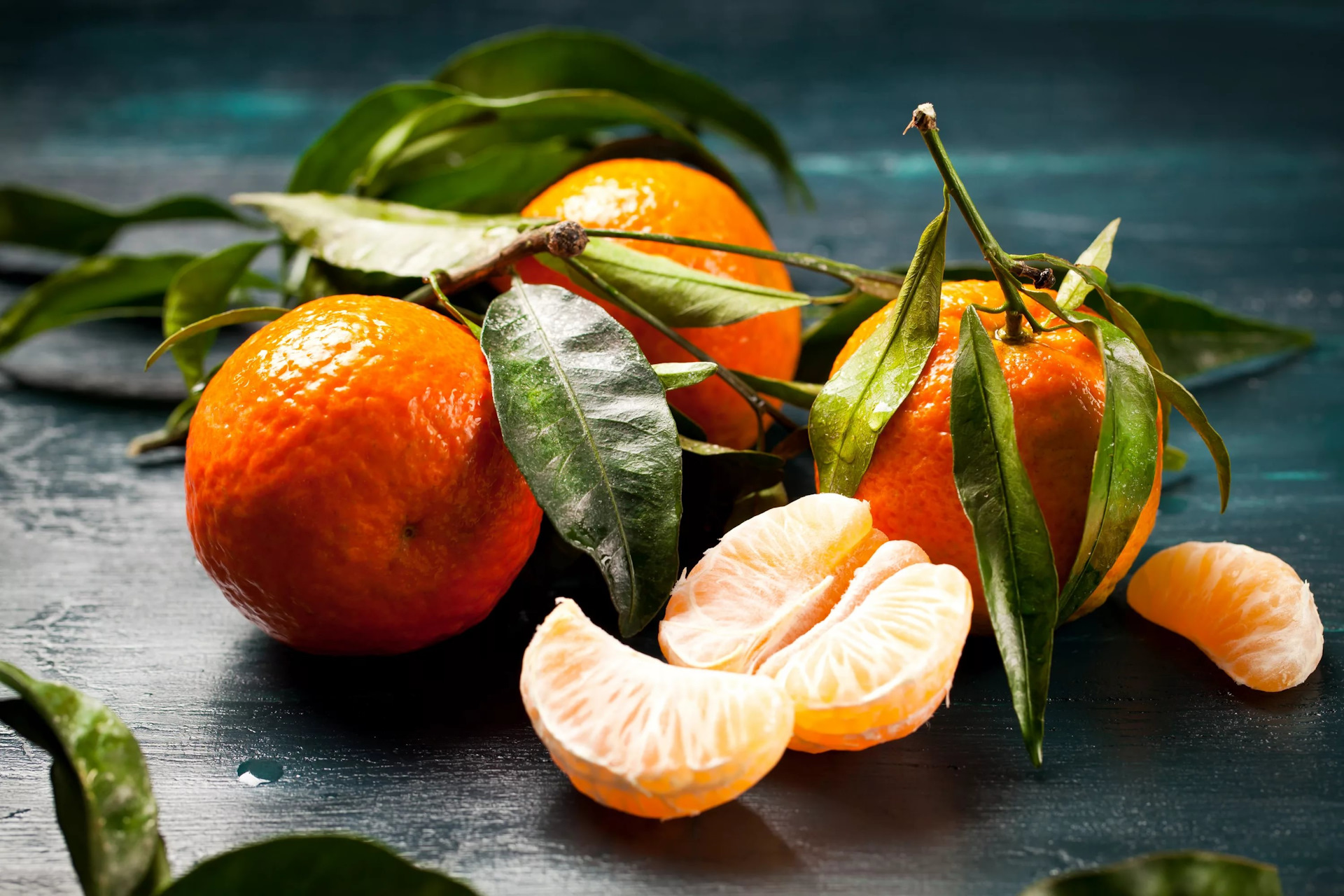
Mandarins are another variety of citrus fruit that is small, sweet, and perfect for snacking. Their bright orange color and easy-to-peel skin make them a popular choice for kids and adults alike.
Nutrition: Mandarins provide a healthy dose of vitamin C, folate, and fiber, all of which are important for immune health, cell repair, and digestive health. They are low in calories and rich in water, which helps with hydration. These fruits also contain flavonoids, which have anti-inflammatory and antioxidant effects.
8. Goji Berries (Dried)
While typically consumed in dried form, goji berries are small, vibrant orange fruits that grow on a shrub native to China. These tiny fruits are renowned for their superfood status due to their impressive nutritional profile.
Nutrition: Goji berries are packed with vitamin C, vitamin A, and fiber, making them an excellent choice for immune support, skin health, and digestive wellness. They are also a great source of antioxidants, including beta-carotene and zeaxanthin, which support eye health and combat the effects of aging.
9. Loquats
Loquats are small, pear-shaped fruits that turn bright orange when they ripen. These fruits are typically found in subtropical and tropical regions, where they thrive on trees that are prized for their fragrant blossoms.
Nutrition: Loquats are an excellent source of vitamins A and C, which promote healthy vision and immune function. They also contain potassium and fiber, making them a good choice for heart health and digestive well-being. In addition, loquats have antioxidants that help protect the body from inflammation and oxidative damage.
10. Sea Buckthorn Berries
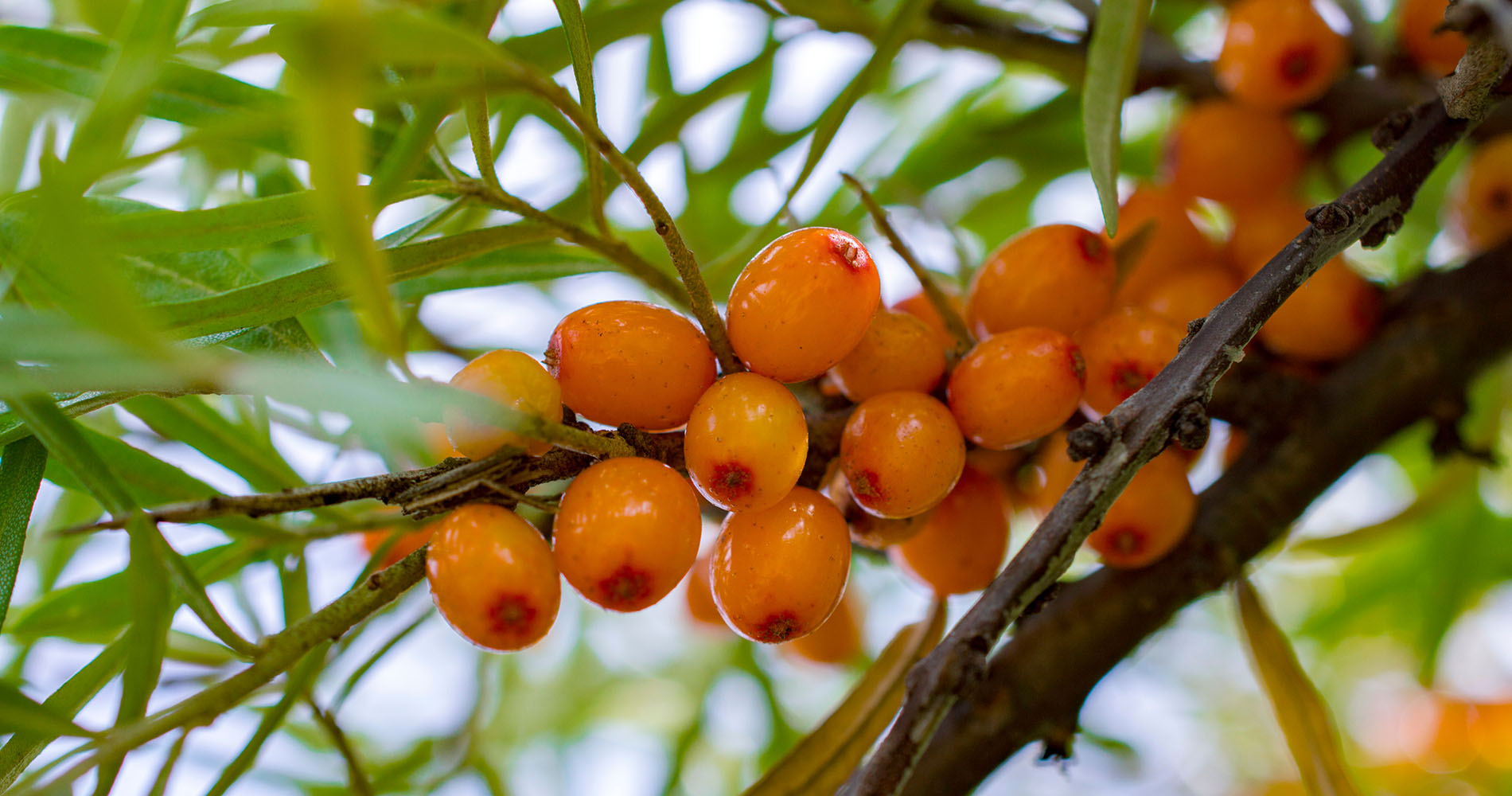
Sea buckthorn berries are tiny, orange-colored fruits that grow on thorny shrubs. While not commonly found in grocery stores, they are highly valued for their nutritional benefits.
Nutrition: Sea buckthorn berries are extremely rich in vitamin C, with one of the highest concentrations found in any fruit. They are also packed with omega-7 fatty acids, which help maintain healthy skin and mucous membranes. These berries also provide antioxidants like flavonoids and carotenoids, which support overall health and well-being.
Conclusion
Small orange fruits offer a burst of flavor and a wealth of health benefits. From citrus fruits like tangerines and clementines to exotic fruits like persimmons and goji berries, these vibrant fruits are an excellent addition to any diet. Packed with vitamins, antioxidants, and fiber, they promote everything from immune health to heart health, digestive function, and skin vitality. Incorporating these small, orange fruits into your daily routine can help you achieve better nutrition while enjoying delicious and satisfying snacks.

